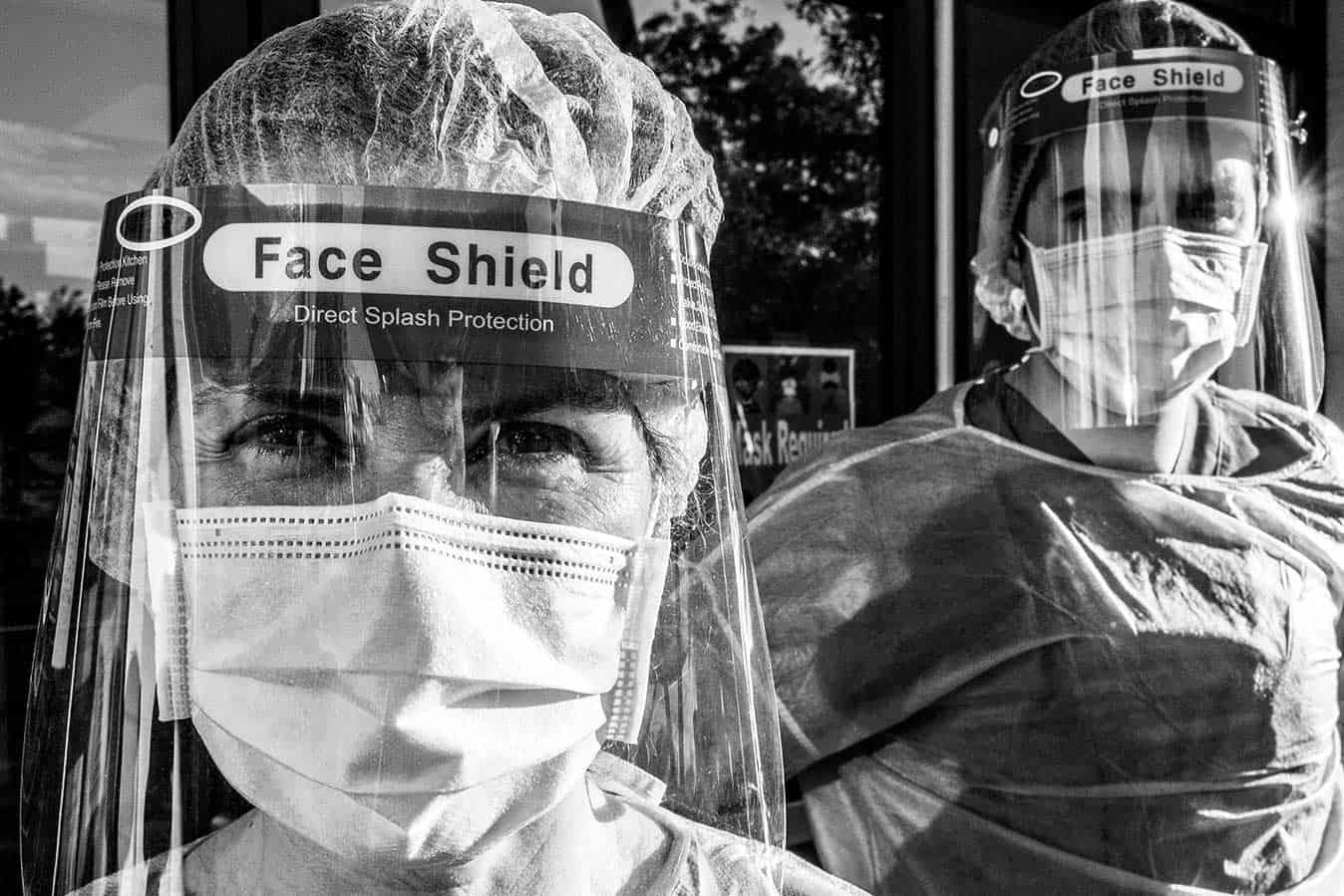The International Council of Nurses (ICN) has canvassed the experiences of Nursing Now campaign groups from around the world in a bid to capitalise on its legacy as the three-year global campaign officially draws to a close.
ICN hosted a webinar earlier this week, with more than 50 participants from Nursing Now campaign groups around the world reflecting on its impact and flagging ways to work together with ICN into the future.
Launched in 2018, Nursing Now, a global campaign to raise the status and profile of nursing, will come to an end in May.
The webinar aimed to bring together ICN and the groups so that they could discuss ways of collaborating in the future and building on the momentum of the Nursing Now campaign.
ICN CEO Howard Catton praised the work of the campaign, describing it as “the most successful global nursing campaign that there has ever been”.
“The activity around the Year of the Nurse, the work together on things like the State of the World’s Nursing report and, in very real terms, the groups who have [been] established around the world are the hard and fast results of the great success that the Nursing Now campaign has been.”
Mr Catton said ICN was working resolutely on the response to the COVID-19 pandemic. It has also been collaborating with WHO on developing the next Strategic Directions for Nursing and Midwifery and has produced numerous reports in recent months in relation to nursing shortages around the world, and what must be done to educate and invest in the nursing workforce.
Julia Jankovicova, from the Slovak Chamber of Nurses and Midwives; Htay Htay Hlaing, from the Ministry of Health in Myanmar; and Catherine Odeke from the Ministry of Health in Uganda were among global leaders to speak at the webinar about the activities of the Nursing Now group in their respective countries and ways in which they hope to work with ICN in the future.
“It could be helpful, if ICN, in collaboration with WHO, called on official countries to take concrete steps to address shortages in nursing and midwifery,” Ms Jankovicova said.
Htay Htay Hlaing spoke on Nursing Now Myanmar’s five objectives which include: investment in education, professional development and regulation, initiating nurse-led clinics for prevention of CDs and NCDs, promoting enabling workplace environments, promoting leadership skills and adopting exercise as a medicine for the population.
Catherine Odeke called on ICN to work with nurses in Uganda to help strengthen their leadership capacity and improve nursing and midwifery skills in specialist areas.
Taiwanese Nurses Association (TWNA) President Dr Ching Min Chen outlined the activities of Nursing Now Taiwan, particularly those concerning the image of nursing and upgrading of education.
“The Nursing Now Taiwan campaign has encouraged the government to invest more in nursing and we aim for higher positons for our senior nurses,” she said.
In response to a question on how participants can support the work of ICN in delivering CPD and training and development programs, Mr Catton said:
“There is an important focus on education in the new draft WHO Global Strategic Directions for Nursing and Midwifery and it is essential that this is not just about pre-registration but also post-registration education and that we also highlight the importance of continuing competence and patient safety.”
A second ICN webinar on Nursing Now’s legacy and how countries can work with ICN in the future is being held on 18 February.
To attend, register via this link








